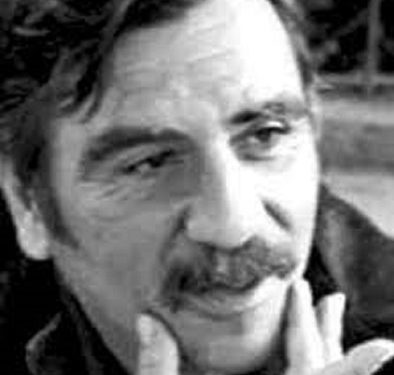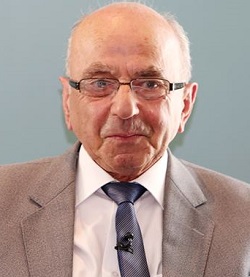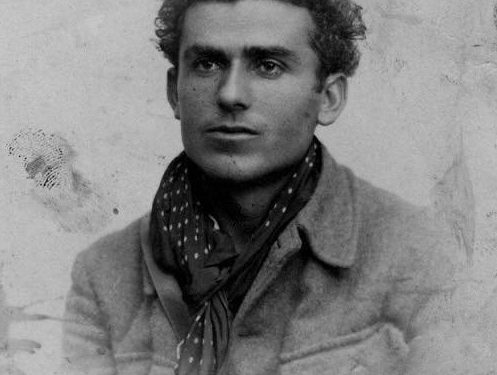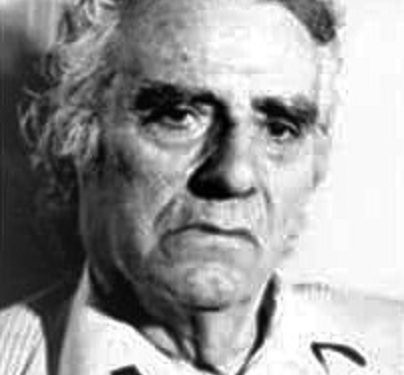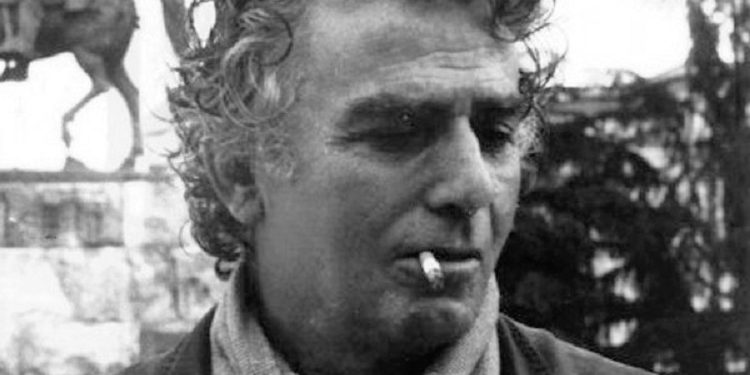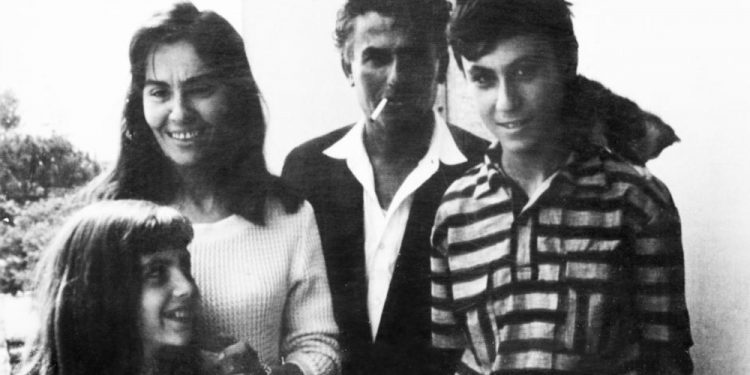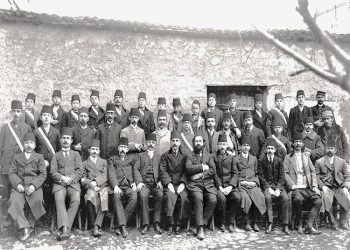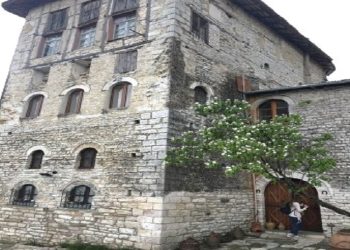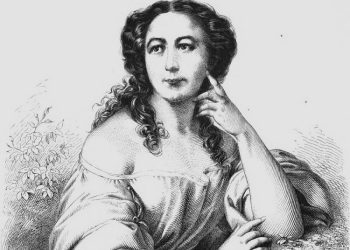From Gëzim Peshpia
The third part
Memorie.al / From time to time I had published some writing about disconnected events with the permanent hesitation towards the well-known pens that brought this tragic time through their books. Even the passive description does not work, that’s why I had to become a commentator of this period in order to present not only the tragic, but in general the life. With these glimpses of stories I do not pretend to bring vivid images, but a very small contribution to the memorial in honor of their memory.
Continues from last issue
PRISON DIARY
Investigative session
Madu, special son of Sappho and Petro Marko
Madu was my friend with whom we “ate together”, an expression that in prison referred to friendship as it is in free life “close friends”. Sometimes this was done between three people, but generally, between acquaintances or friends. Madu’s real name was Jamarbër, a special and quite rare name, as if to prove the adoption of the artists Safo and Petro Marko.
In family and society they called him Madu. We had family ties with him. Petro, apart from knowing my father, was also friends with my uncle Kadriu, while their wives were from the same province. I had shot once when they were visiting with their children: Arianita and Jamarbëri. I listened when Petro was talking about his novel “The Last City”.
This book had passed the last “censorship” at Mehmet Shehu’s family, where remarks were made for some descriptions that affected the “ethics of socialist realism”. Fiqretja had said: “You can publish it, but I will not allow our children to read it.” The message was clear: he had to remove those parts that were required of him otherwise he would not see the light of publication.
Madu appreciated all the members of the family who were artists, but above all, Safo was the most talented. With intervention, they were able to transfer him from Spaçi to Ballsh, where the conditions were better.
As soon as Madu came, he turned towards me laughing, because I had always been present in the conversations that my friends and my uncle’s son had, there in Spaç. It was good to have a man with whom we could talk about literature, music and art in general.
Madu was a smart and cultured boy, but although he was quite intelligent, he was not communicative with anyone. He had an extraordinary perceptive ability and was the only one for determining types.
He himself was a strange combination of sanguine, choleric and phlegmatic together. Sometimes we wrote poetry. He criticized me for not being able to break away from my “archaic” style, telling me: “This generation doesn’t write like you anymore.”
And indeed, he wrote beautifully without recognizing the goals that had enslaved us to the point of cliché, with the way of weaving verses. The rhythm of his verses sounded different, so was their break, but they brought thought and emotional charge with force. The poet felt himself among them, even though he had studied journalism.
He told me that he had read Kafka, the Kosovar edition, after which he was amazed. “When I read it, – he told me, I thought: – This is how it is written”! – He suggested that we eat together and I was a little embarrassed, because as soon as he arrived at the camp, after a few days, Petro and Safo came to meet him with loads of luggage.
When my mother came, even if she had the financial means, she could not carry such weights. He understood the situation and attacked my hesitation: – “Then, tell me with whom I will eat?” With x being a spy or with y being immoral”?
Man shrinks in prison, especially in the direction of these relationships that often ended in quarrels. We overcame situations with such trifles, purposely considering them more insignificant than they really were.
I admired the correspondence between Madu and Nita. Sister and brother, they corresponded with each other in a strange way. The metaphors and allusions they used posed a puzzle to any censor, however qualified.
Nita wrote more beautifully than Petro himself who was a master of letters. Wonder, how did he choose the profession that his mother had?! However, neither excludes the other. After finishing Fine Arts for painting, he was appointed to the Glass Factory in Kavaja. Sister and brother understood each other perfectly.
It would be fairer to say that they were implied. I personally always needed Madu’s clarifications to fully understand who particular expressions were referring to, even when it came to girls.
Madu spoke about “Paperino” (Walt Disney’s Donald duck) with a special weakness (under this nickname came the information about this girl from Nita). We all needed to be loved.
Telling about relationships with girls, drinking and busyness, he often let his imagination run wild. They were wishes suppressed in his subconscious, which he had not been able to realize. Every time Petro and Sappho came to the meeting, we expected a possible amnesty from them, but the horizon grew darker and darker.
No one could analyze how the forces within their species operated, and where they were headed, because the absurdity traditionally followed at every stage. Every event started, developed and precipitated beyond any prediction.
In continuation of this illogical reasoning, one fine day, Madu was pardoned part of his sentence and he went away leaving us with the hope (so we liked to take it) that the curve of class war had started the downfall of her…! Memorie.al
The next issue follows




